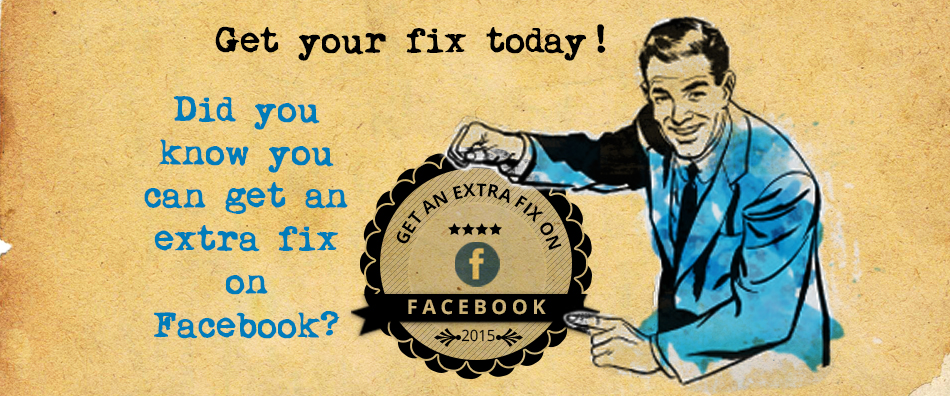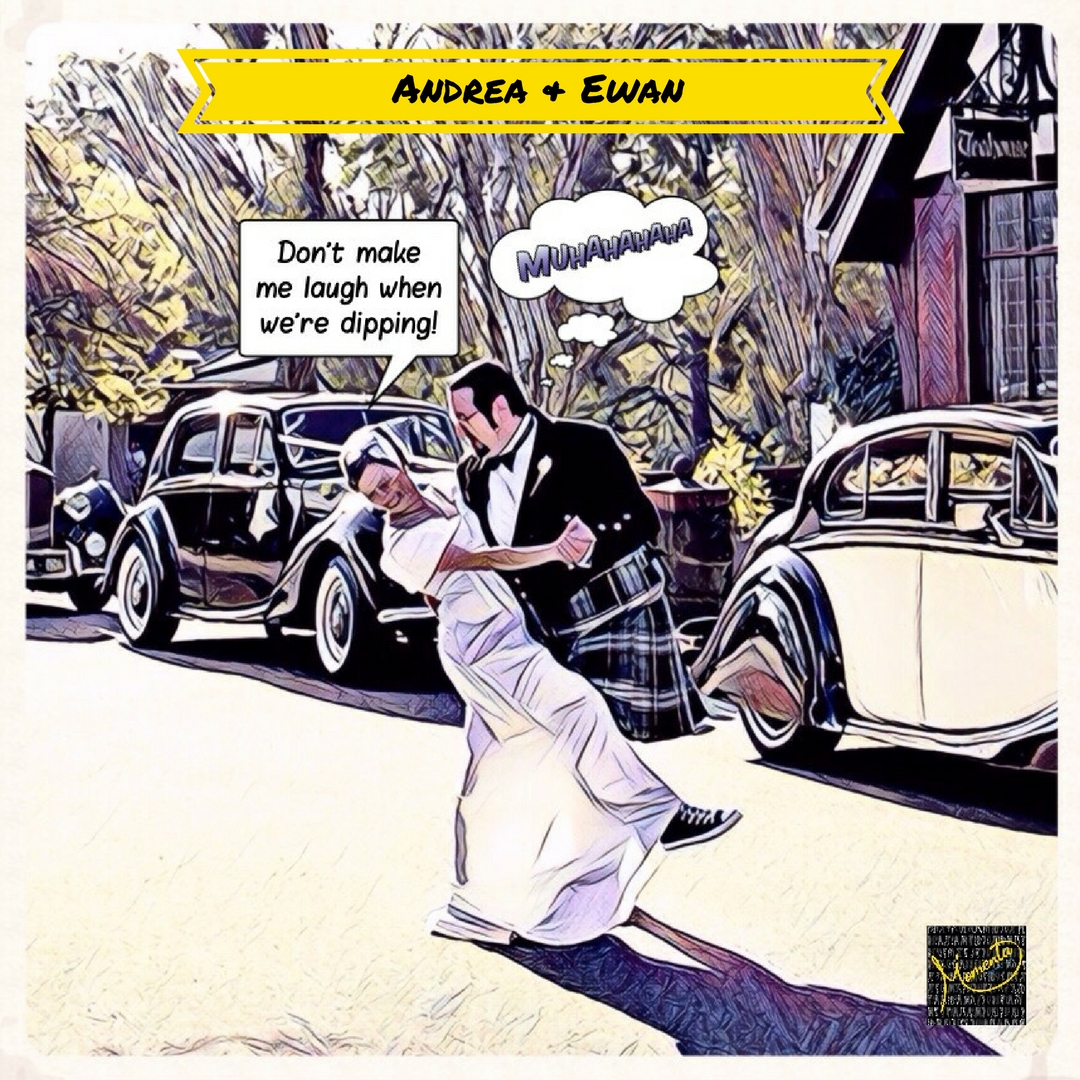
Your Journey
How dancing can change your life
GOOD FOR YOUR MIND

Studies have shown that DANCING MAKES YOU SMARTER!
There is a growing body of evidence showing that stimulating your mind through dancing can improve your mental capabilities, in particular lead and follow type dancing. How?
Good question! Firstly, dancing integrates several brain functions at the same time – kinaesthetic, rational, musical, and emotional – helping to increase neural activity.
Secondly, our brains constantly rewire their neural pathways, as needed, that is, when we don’t already know what to do. Learning something new, like dancing, stimulates the connectivity of your brain by generating the need for new pathways. In addition, making as many split-second decisions as possible, as you would in freestyle social dancing, is the key to maintaining our cognitive abilities.
THE MORE YOU DO IT, THE BETTER IT IS FOR YOU! The Einstein Aging Study found that participants who danced frequently – three or four times a week – showed 76% less incidence of dementia than those who danced only once a week or not at all.
GOOD FOR YOUR BODY

In today’s modern society, one of the greatest risks to our health is what scientists have termed SITTING DISEASE. In today’s chair-based world, we are required to sit in nearly every aspect of our lives.
Researchers have linked sitting for long periods of time with a health concerns, including increased blood pressure, high blood sugar, excess body fat around the waist and abnormal cholesterol levels.
As a low impact, weight-bearing activity, dancing can help:
- strengthen bones and muscles without hurting your joints
- tone your entire body
- improve your posture and balance, which can prevent falls
- increase your stamina and flexibility
- ward off illnesses like diabetes, high blood pressure, heart disease, osteoporosis, and depression.
GOOD FOR YOUR SOUL

You know, the thing that makes us FEEL things. Studies have shown the positive impact that dancing can have on our mood, including:
- Reducing depression, anxiety, and stress
- Boosting self-esteem and body image
- Improving your overall sense of wellbeing, with the benefits lasting over time.
The best thing about this is you don’t have to be a professional dancer to reap these benefits!
Fitness, both mental and physical, often begins with your state of mind.
SO WHAT ARE YOU WAITING FOR? Don’t just sit there, in the words of the infamous James Brown,

SOURCES:
AARP, “Let’s Dance to Health”, 14 February 2005, AARP website, http://www.aarp.org/health/ fitness/info-2005/dance_to_health.html (accessed: 25/02/15).
Berkeley Wellness, “The Many Health Benefits of Dancing”, 20 November 2014, Berkeley Wellness website, http://www.berkeleywellness.com/fitness/ active-lifestyle/article/many-health-benefits-dancing (accessed: 25/02/15).
James A. Levine, M.D., Ph.D., “What are the risks of sitting too much?”, 16 June 2012, Mayo Clinic website, http://www.mayoclinic.org/healthy-living/adult-health/expert-answers/sitting/faq-20058005 (accessed: 25/02/15).
Joe Verghese, M.D. et al., “Leisure Activities and the Risk of Dementia in the Elderly”, New England Journal of Medicine, 19 June 2003, 2508-2516, http://www.nejm.org/ doi/pdf/10.1056/NEJMoa022252 (accessed: 25/02/15).
Richard Powers, “Use It or Lose It: Dancing Makes You Smarter”, 30 July 2010, Stanford Dance website, http://socialdance.stanford.edu/ Syllabi/smarter.htm (accessed: 25/02/15).



